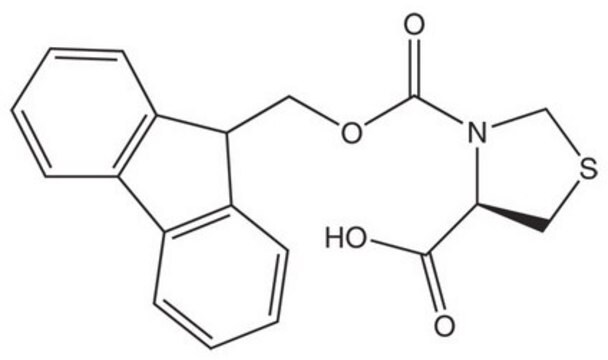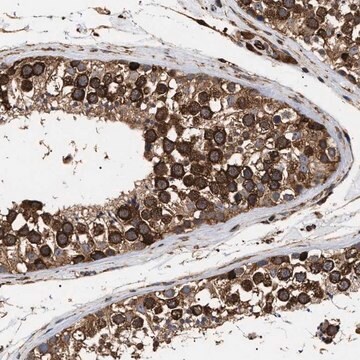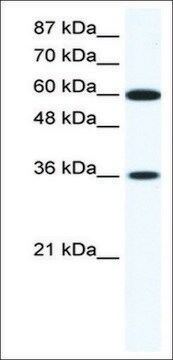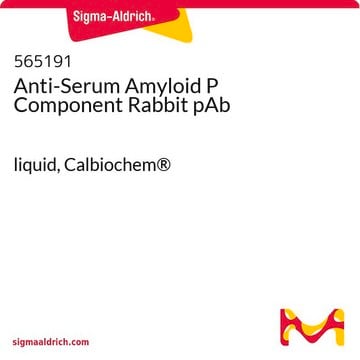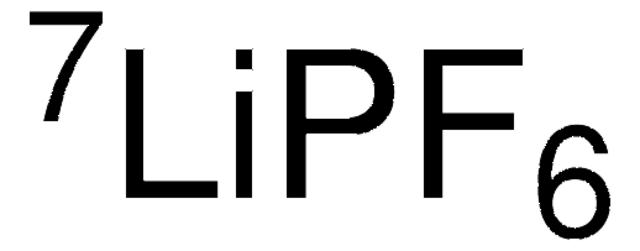AB3046
Anti-Uncoupling Protein 3 Antibody
Chemicon®, from rabbit
Sinónimos:
UCP3
About This Item
Productos recomendados
biological source
rabbit
Quality Level
antibody form
affinity purified immunoglobulin
antibody product type
primary antibodies
clone
polyclonal
purified by
affinity chromatography
species reactivity
human, rat
manufacturer/tradename
Chemicon®
technique(s)
ELISA: suitable
immunohistochemistry: suitable
western blot: suitable
NCBI accession no.
UniProt accession no.
shipped in
dry ice
target post-translational modification
unmodified
Gene Information
human ... UCP3(7352)
rat ... Ucp3(25708)
General description
Specificity
Immunogen
Application
Metabolism
Ion & Transport Channels
Immunohistochemistry: 2-20 μg/mL on formaldehyde fixed tissue.
ELISA: (1:10,000-1:100,000 using 50-100 ng UCP32 control peptide/well).
Optimal working dilutions must be determined by end user.
Target description
Physical form
Storage and Stability
Analysis Note
Muscle tissue, Blocking peptide for UCP3 is available (Catalogue No. AG769).
Legal Information
Disclaimer
¿No encuentra el producto adecuado?
Pruebe nuestro Herramienta de selección de productos.
Storage Class
12 - Non Combustible Liquids
wgk_germany
WGK 2
flash_point_f
Not applicable
flash_point_c
Not applicable
Certificados de análisis (COA)
Busque Certificados de análisis (COA) introduciendo el número de lote del producto. Los números de lote se encuentran en la etiqueta del producto después de las palabras «Lot» o «Batch»
¿Ya tiene este producto?
Encuentre la documentación para los productos que ha comprado recientemente en la Biblioteca de documentos.
Nuestro equipo de científicos tiene experiencia en todas las áreas de investigación: Ciencias de la vida, Ciencia de los materiales, Síntesis química, Cromatografía, Analítica y muchas otras.
Póngase en contacto con el Servicio técnico

